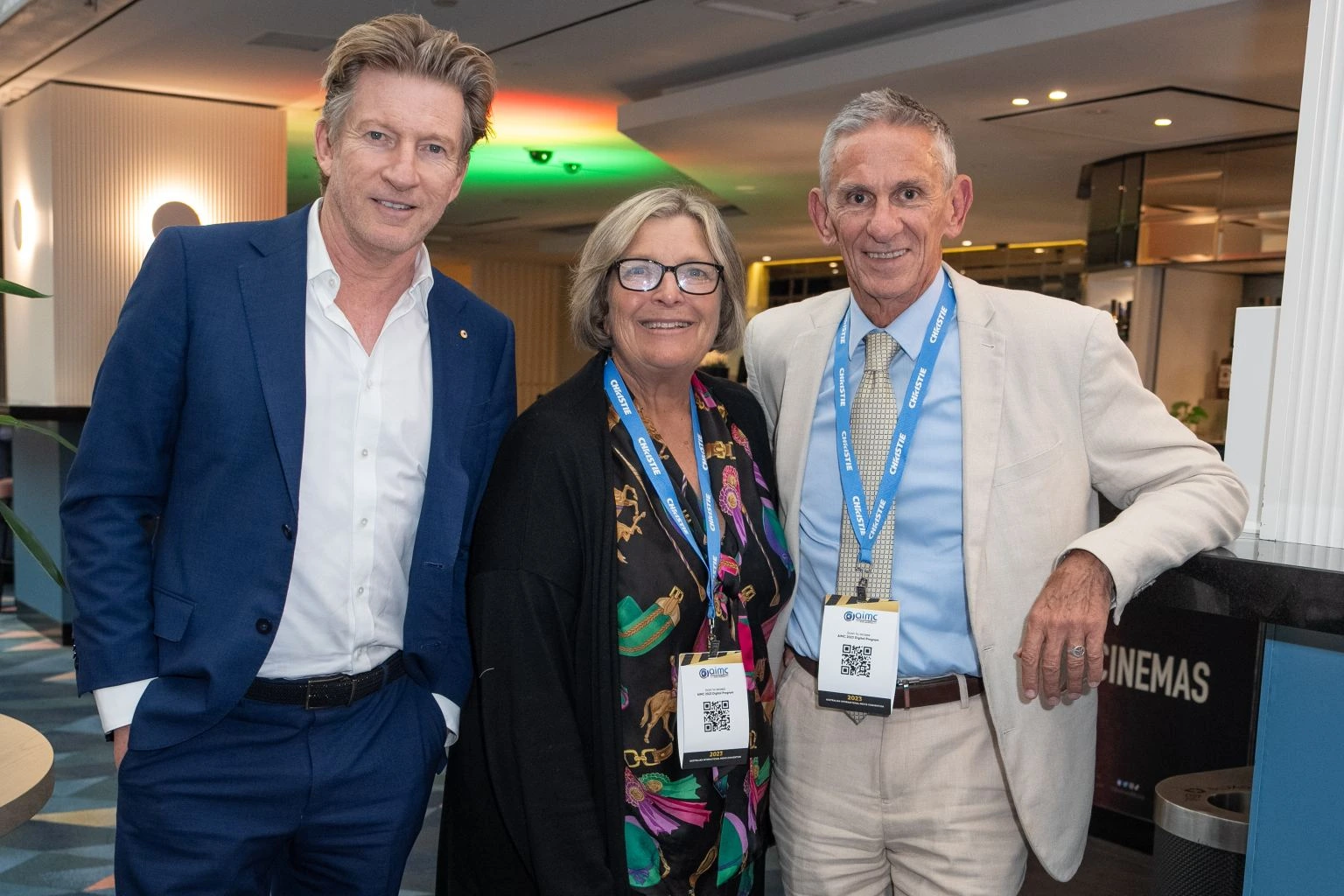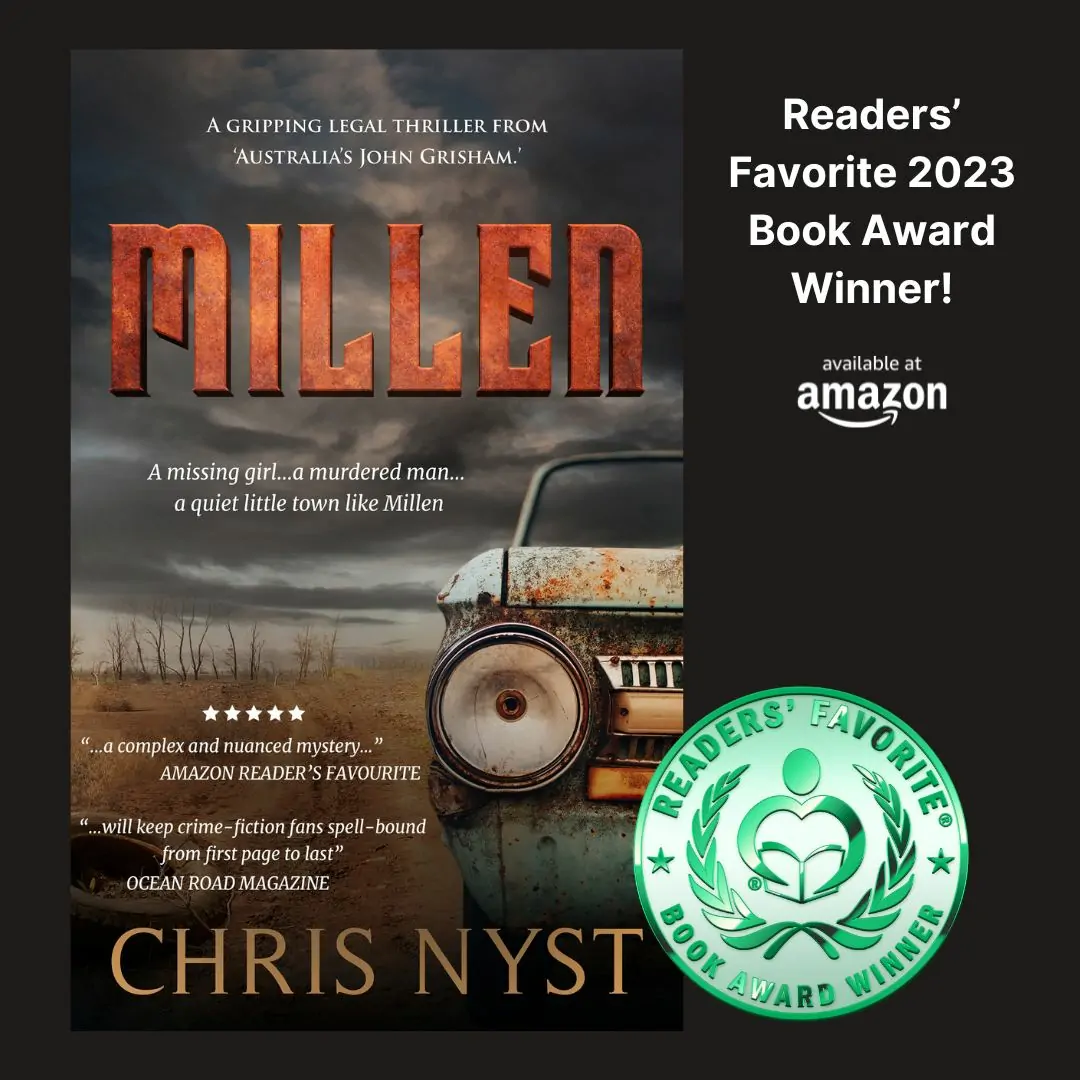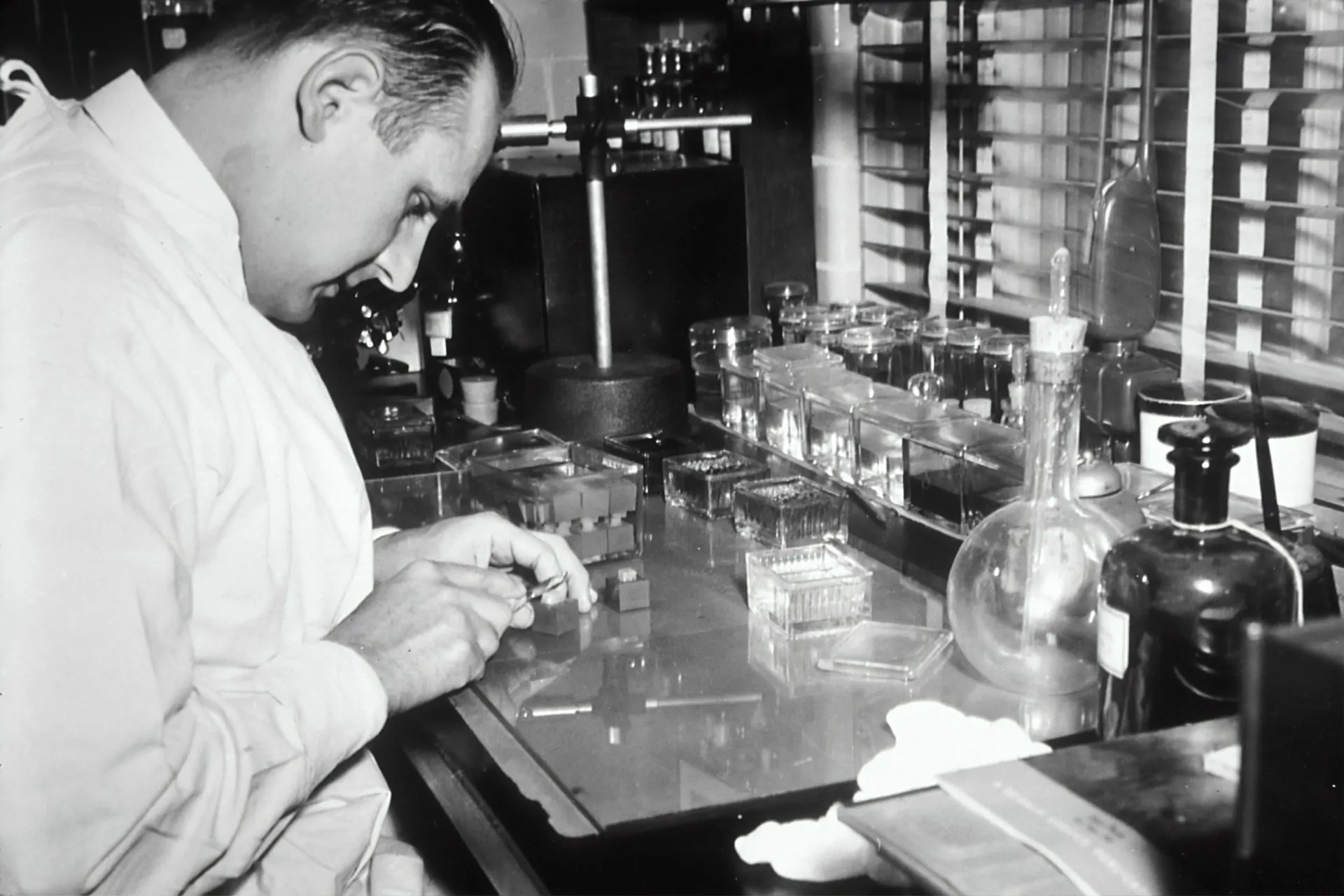The Six Degrees of Separation being what they are, you almost certainly know someone, or someone who knows someone, who’s currently undergoing fertility treatment. It may or may not come as a surprise to you, but thousands of couples undergo fertility treatment in Australia every year. The latest data on Assisted Reproductive Technology in Australia and New Zealand shows 77,721 treatment cycles were reported in 2015. Of those, 92% were from Australian clinics. That means a whole lot of laboratory fertilisation procedures are happening out there. But the question is: who owns all those sperm and eggs?
Photo by Stoica Ionela on Unsplash
The Queensland Supreme Court recently had to grapple with that thorny issue head-on. The case at hand concerned a young couple who had been in a loving relationship for about three years. They were planning to get married and have children when the male partner passed away, suddenly and without warning. Notwithstanding his tragic death, however, his female partner was determined not to give up on their dream of having children together, and asked that his sperm be removed from his body with a view to assisted fertilisation of her eggs. When told it was a criminal offence in Queensland to interfere with a dead human body without lawful justification, she brought an urgent application before the Supreme Court seeking orders for the removal and storage of her late partner’s sperm. She was successful, but that was only the first step towards her planned objective. While her late partner’s sperm was now in storage, that did not give her the right to possess and use it for her intended purpose.
So she filed a further application in the Supreme Court, seeking a declaration that she was entitled to possession and use her late partner’s sperm, with a view to assisted reproductive treatment. As a result of the surgical and scientific skill applied in removing, separating and preserving the sperm, the Court ultimately decided the sperm was capable of being property that could be possessed and, after weighing a number of discretionary factors, including the consent and active support of the deceased’s parents, determined she was entitled to permanent possession of the sperm as her property.
Naturally, the whole episode was an emotional minefield, involving as it did such profound tragedy visited upon two tender young lovers. But as the emotion fades away, the decision will no doubt raise a host of ethical and legal dilemmas, notably in the context of both family and succession law. The legal fraternity both here in Australia and around the world has already raised issues about keeping pace with assisted reproductive technology, and how to tighten laws around who has the right to use our bodies when we pass on. Further, this case flags numerous questions around the rights and obligations of the deceased’s family to share and contribute to the parenting of the child, as well as the rights of the child to any legal inheritance.
Not surprisingly, given the recency of extraordinary advances in fertility treatment, there is precious little legal history and resultant jurisprudence to illuminate the road ahead. As a result, notwithstanding the Supreme Court’s landmark decision, we may continue to have more questions than we have answers.












